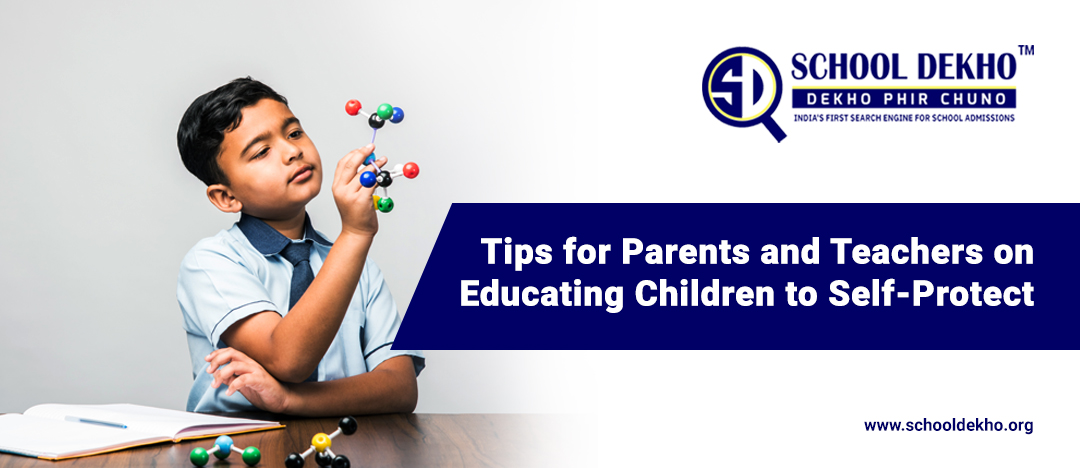Tips for Parents and Teachers on Educating Children to Self-Protect

In a world where ensuring children's safety is paramount, it is crucial for parents and teachers to educate children about self-protection. By equipping them with the necessary knowledge and skills, we empower children to navigate potential risks and protect themselves. This article presents valuable tips for parents and teachers on educating children to self-protect.
Communication and Open Dialogue
Establishing open lines of communication is essential for teaching children about self-protection. Encourage children to express their thoughts, concerns, and questions freely. Create a safe and non-judgmental environment where they feel comfortable discussing sensitive topics. Regularly engage in age-appropriate conversations about personal safety, boundaries, and potential risks, addressing any misconceptions and reinforcing positive behaviors.
Teach Boundaries and Consent
Educate children about personal boundaries and the importance of consent. Teach them to recognize and assert their boundaries while respecting others' boundaries as well. Help them understand that their body belongs to them and that they have the right to say "no" to any unwanted or uncomfortable situations. Encourage them to seek help and report any instances where their boundaries are violated.
Identify Trusted Adults
Teach children to identify trusted adults in their lives whom they can turn to for help and guidance. Discuss the roles and responsibilities of these individuals, such as parents, teachers, or other caregivers. Emphasize the importance of reaching out to these trusted adults if they feel unsafe or encounter challenging situations.
Online Safety and Digital Literacy
In today's digital age, it is crucial to educate children about online safety and digital literacy. Teach them about responsible internet usage, the importance of protecting personal information, and the potential risks of online interactions. Encourage them to think critically, verify information, and be mindful of their online presence. Establish rules and guidelines for safe internet usage and monitor their online activities appropriately.
Role-Playing and Scenarios
Engage children in role-playing activities and scenarios to help them practice self-protective behaviors. Create hypothetical situations where they need to make decisions, set boundaries, and seek help. Role-playing allows children to develop confidence, critical thinking skills, and problem-solving abilities in real-life situations.
Empowerment and Self-Confidence
Foster a sense of empowerment and self-confidence in children by emphasizing their strengths, capabilities, and personal agency. Encourage them to trust their instincts and intuition when it comes to personal safety. Teach them assertiveness skills, such as using a strong voice, making eye contact, and standing up for themselves. Building their self-esteem and resilience helps children develop the confidence to protect themselves effectively.
Educating children about self-protection is a shared responsibility of parents and teachers. By implementing these tips, parents and teachers can empower children to be proactive, assertive, and resilient in safeguarding their well-being. Through open dialogue, skill-building activities, and fostering a sense of empowerment, we can help children navigate the world safely.
Contact with Us
Call: 1800 - 2588 - 074
Mail: info@schooldekho.org
Student’s Best Education Portal | School Dekho | India's First School Search Engine | Best Schools Near Me | Find Schools Near Me | Dekho Phir Chuno
#dekhophirchuno






